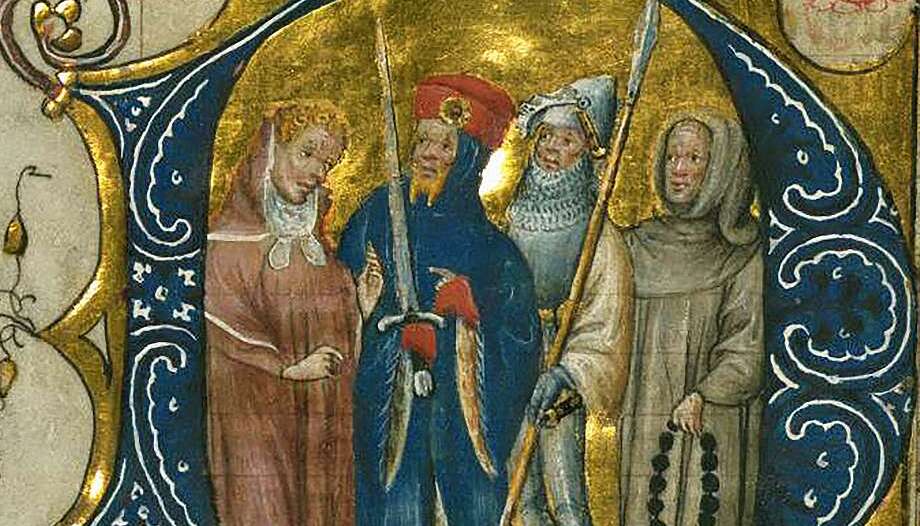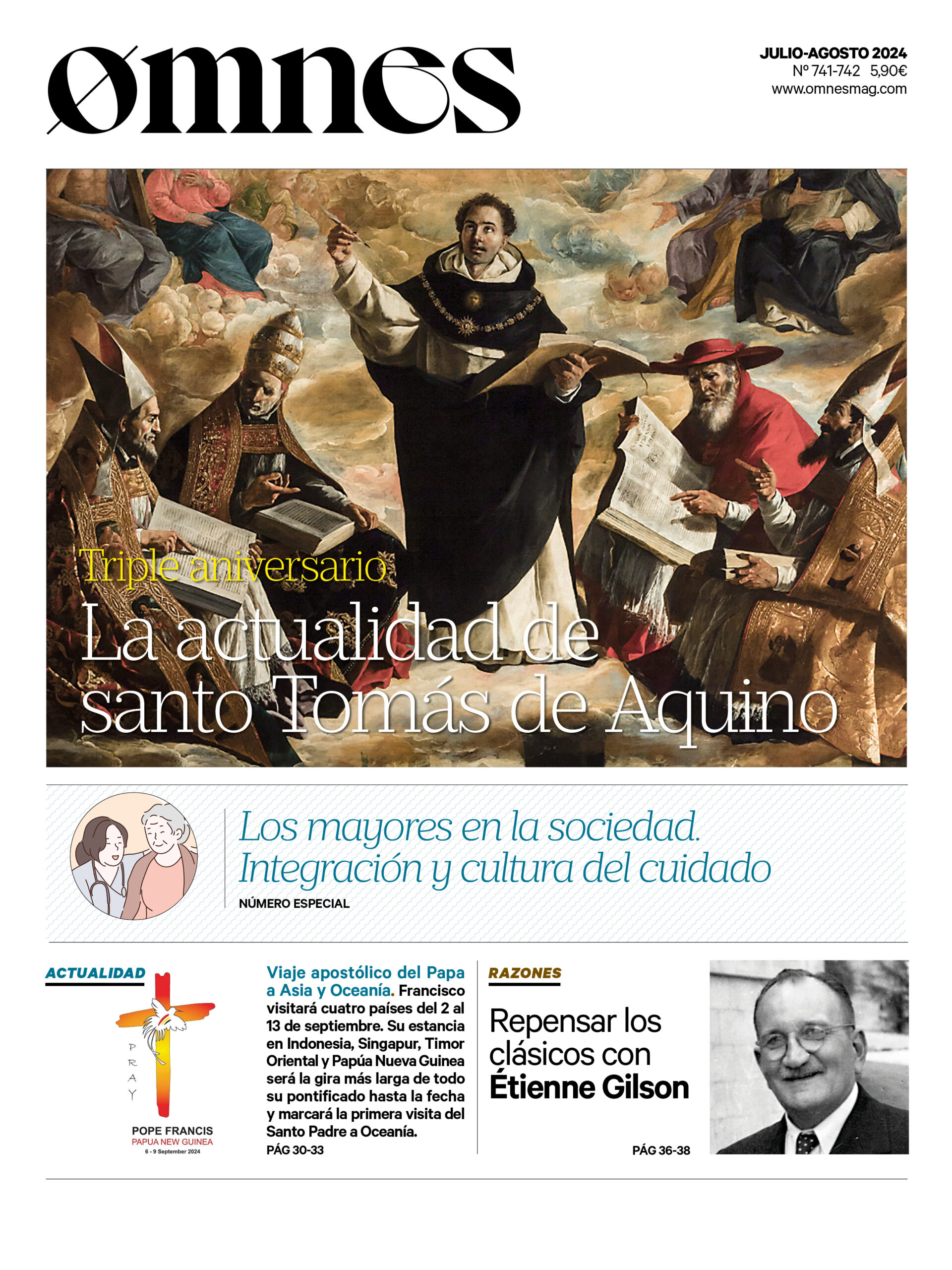









The Scottish philosopher Alasdair MacIntyre (1929/-) published his work "After Virtue" in 1981. In it, he recalls from "The Nicomachean Ethics", of Aristotlethat its teleological scheme rests on three elements:
a) Man as he is.
b) Man as he could be if he were to realize his essential nature.
c) A set of ethical rules.
Ethical rules order the various virtues and prohibit their contrary vices by instructing us on how to realize our true nature and attain our true end.
These rules presuppose: a conception of the essence and purpose of man as a rational animal whose reason instructs us as to what our true purpose is and how to attain it.
For MacIntyre this scheme collapsed in the seventeenth century with the rise of the Protestant and Jansenist conception according to which original sin, by totally corrupting reason, deprived it of its capacity to understand the end of man. Since then, "strict limits are placed on the powers of reason. Reason is calculus; it can establish factual truths and mathematical relations, but nothing more. In the domain of practice, it can speak only of means. It must be silent about ends."
The philosophers of the Enlightenment, deprived of that normative and teleological conception of human nature, based their ethics on the categorical imperatives of practical reason (Kant) or on the maximization of pleasure (Hume). For MacIntyre, this failure, engendering Nietzsche and all modern irrationalism, leaves the current choice limited between the Aristotelian theory of virtues and irrationalist amoralism.
MacIntyre, after making a historical exposition of the valuation of human virtues (the supreme virtues in the heroic societies described by Homer: fortitude or loyalty; the virtues, such as love or humility, contributed by Christianity) opts for an ethics of virtues in accordance with the Aristotelian-Thomistic tradition, aware of the importance of rediscovering the value of human virtues.
The American philosopher Peter Kreeft (1937/-) attempts to show that natural science and philosophy are two distinct yet complementary orders of knowledge.
Science attempts to answer the question: what are the physical properties of things? Philosophy attempts to answer what is the ultimate nature of the real. Its most important questions:
-What is what it is, metaphysical question.
-What is this being who wonders about what he is, or, more simply, what is man, an anthropological question.
-What to do and what not to do, a question of an ethical nature.
-How do we know? is an epistemological question.
The answers to these questions depend on each other, they are intertwined. We cannot determine what conduct suits man if we do not know what man is, and what man is depends on what it is to be.
From Socrates until the beginning of the 20th century, the idea was maintained that the search for truth was one of man's noblest tasks and that reason was the main resource for that search.
Since the beginning of the 20th century, we have been witnessing the sowing of a Nietzschean way of thinking in which will prevails over reason: instead of trying to understand the real in order to better adapt ourselves, we are invited to create our own values and our own truths in order to impose them on the real. We are not to submit to the real, to what is, but rather to shape it according to our desires and ambitions using the powerful technologies that science puts at our disposal.
Human nature is conceived as a reality that can be modified according to the circumstances or preferences of each individual. Everything around us, including our body, is a raw material that can be manipulated at will.
The very notion of nature is abolished and replaced by the idea that it is up to each individual to define for himself what is natural and what is not, thus establishing a supreme cult of individual autonomy that finds one of its clearest expressions in the judgment of the Supreme Court of the United States in 1992 in the case of "Planned Parenthood v. Casey" where the right of each individual to define his own concept of existence, of meaning, of the universe and of the mystery of human life was established.
This cult of human autonomy is at the origin of the rights to abortion and assisted suicide, which are recognized in many countries. According to one version of gender theory or ideology, in addition to denying that the human body has a nature, it affirms that we are male or female only to the extent that we consent to be so. The distinction between masculine and feminine in human beings would be purely arbitrary, a social construction resulting from power relations. This anthropology is dominated by the supremacy of subjectivity over objectivity.
Is it possible to perceive free will in human nature?
The idea that human beings lack free will finds its roots in the Protestant Reformation of the 16th century. In both Melanchthon's "Loci communes" and Calvin's "Institution de la religion chrétienne," salvation has nothing to do with the practice of virtue, because it has nothing to do with human freedom. According to Melanchthon, virtuous conduct can contribute nothing to eternal salvation, because such conduct is nothing more than a happy consequence of salvation by faith in which God alone intervenes.
This Protestant interpretation has opened the way to scientific materialism, which points out that man is an integral part of the natural world and cannot free himself from the universal determinism that governs the world of nature. To admit the existence of free will would be tantamount to denying the universality of the principle of causality and, therefore, scientific laws.
For Kreeft, our choices, even if not determined, are influenced by numerous external factors (the social or physical environment), bodily (heredity) or spiritual (motivations). In any case, it is possible to resist these influences or temptations.
The social and human sciences help us to discover not only the causes that mechanically determine human behavior, but also the factors that condition or favor it.












